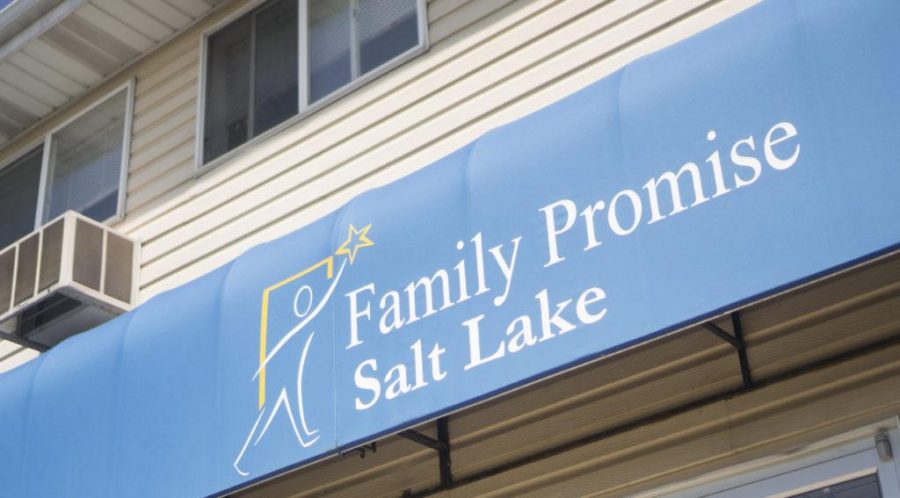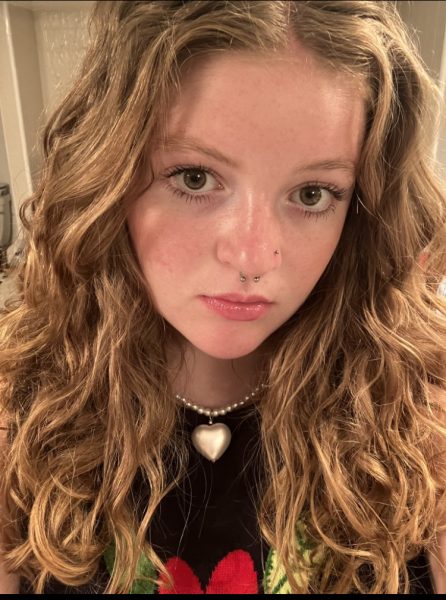This legislative session, HB149 prohibits institutional investors from purchasing single-family homes. It requires any institutional investor who violates this restriction to sell the property within one year of acquisition. Institutional investors are any company or corporation, but this bill intentionally excludes affordable housing nonprofits from these restrictions.
The bill is meant to protect the single-family home market from large-scale corporate buyers that reduce housing availability and drive up prices for individuals.
Restrictions like these, which would prevent corporations from owning large portions of the housing market, are urgently needed to protect human life.
America is facing a catastrophic housing crisis. It leads to an estimated 46,500 preventable deaths every year.
Housing is a basic human right. Corporate interest incentivizes the inaccessibility and scarcity of this necessity.
HB149 implements key steps in remedying our broken housing market while fostering conditions to prevent homelessness ethically.
Landlording Is Unethical
America’s housing market is exploitative.
A 2025 study found there is not a single state in the U.S. where a full-time worker earning minimum wage can afford a two-bedroom apartment by working 40 hours a week.
The report found in states with the lowest minimum wage, including Utah, workers must work more than 100 hours a week to afford a two-bedroom apartment.
This combination of underpaid workers and overpriced housing has caused more than 771,800 people to live without housing in 2024, a number which has steadily increased every year since the COVID-19 pandemic.
Institutional housing investors benefit from these terrible conditions. Companies such as Invite Homes profit from housing scarcity because of supply and demand. There’s an incentive to make housing — a human right — as unavailable and expensive as possible.
Institutional housing investors want to retain their control of as much of the housing market as possible, so they rob Americans of the ability to become homeowners through unattainably high interest rates and down payments.
Landlord-ship is outdated and inherently unethical. Housing investors, such as Utah companies EDGEhomes and Vision Real Estate, profit from absentee ownership, which means they make money from having ownership over a property that they don’t inhabit or actively manage. They gain wealth from creating inequitable economic conditions.
The ‘Housing Crisis’ Is Not Real
America’s so-called housing crisis is an example of these manipulated economic conditions.
There is no scarcity of housing.
For every one person homeless in America, there are 28 vacant homes. This is not a housing crisis. We have an abundance of housing.
What we really face is a homelessness crisis.
We are taught that homelessness is the absence of an unoccupied home.
It’s actually an empty home with the door firmly locked shut and the key in the hands of a private housing corporation.
According to a 2023 Utah Homeless Mortality Report, an estimated 216 Utahns died from homelessness. This number is likely a low estimate because data about unsheltered people is under-reported.
Unsheltered people in Utah have a death rate 10 times higher than the general population and die on average 16 years earlier. Of these deaths, 50% of them are due to preventable causes, compared to 11% of preventable deaths in the general population.
These deaths are social murder.
They are preventable and directly caused by social conditions the state knowingly created.
Addressing Homelessness With Real Dignity
Currently, most Utah homes are owner-occupied. As one of the fastest-growing states in the nation, we must promote bills such as HB149 to preserve our housing market from becoming inaccessible, because an inaccessible housing market is deadly.
We have a moral obligation to remedy the housing crisis that leaves an estimated 7,033 Utahns unsheltered in increasingly dangerous weather conditions.
This year alone, there have already been 39 days in which temperatures dropped below freezing.
HB329 Does More Harm Than Good
Another 2025 Utah legislative bill, HB329, outlines a plan to address homelessness with what it calls a “holistic approach.” Sponsors of this bill claim it will support individuals’ transition out of homelessness and emphasize human dignity.
However, HB329 will not achieve this. New standards implemented by this proposed legislation include increased surveillance and criminalization.
Most of what this bill calls “higher standards” are increases in the penalties of certain crimes when these crimes are committed inside of homeless shelters. Petty drug offenses would be increased to second-degree felonies.
Increased criminalization is paired with an increase in surveillance as HB329 outlines stricter requirements for data collection from unhoused people receiving help from shelters and social services, mandating more detailed reporting from service providers.
This “detailed reporting” will be incentivized with the implementation of performance-based funding, with different municipalities receiving different levels of funding based on compliance with reporting and effectiveness in transitioning people out of homelessness. This has the potential to give the least amount of funding to municipalities with the largest burdens.
Another factor for funding will be municipalities’ willingness to adopt an ordinance prohibiting unsanctioned camping. “Unsanctioned camping” is just another word for homelessness.
Working Class to Prison Pipeline
HB329 refines the prison pipeline.
If unhoused people do not end up in prison for not being in a shelter, they will end up in prison due to the increased surveillance and escalated legal charges they face while in shelters.
When our broken housing market is considered, this pipeline expands. This isn’t just a homelessness-to-prison pipeline. It’s a working-class citizen-to-prison pipeline, as working-class people are pushed towards losing their homes due to intentionally inequitable housing market conditions.
According to the Muindi Foundation, 59% of Americans are “just one paycheck away from homelessness.” Criminalizing homelessness puts most Americans one missed paycheck away from prison.
In 2021 Utah taxpayers paid over half a million dollars towards homeless encampment sweeps which leave unhoused people displaced or imprisoned. The cruelty does not pay off. Utah prisons spend an average of $41,905.65 tax dollars housing one inmate for one year. The average yearly rent cost in Utah is less than half of this. Providing people with housing is cheaper than jailing them for not having housing.
Outlawing poverty does not eliminate it. People are still poor. They’re just both poor and incarcerated in the wake of HB329.
Instead, we must remedy the homelessness crisis to preserve human life and dignity by working towards ending exploitative corporate landlord-ship.
e.griffee@dailyutahchronicle.com



